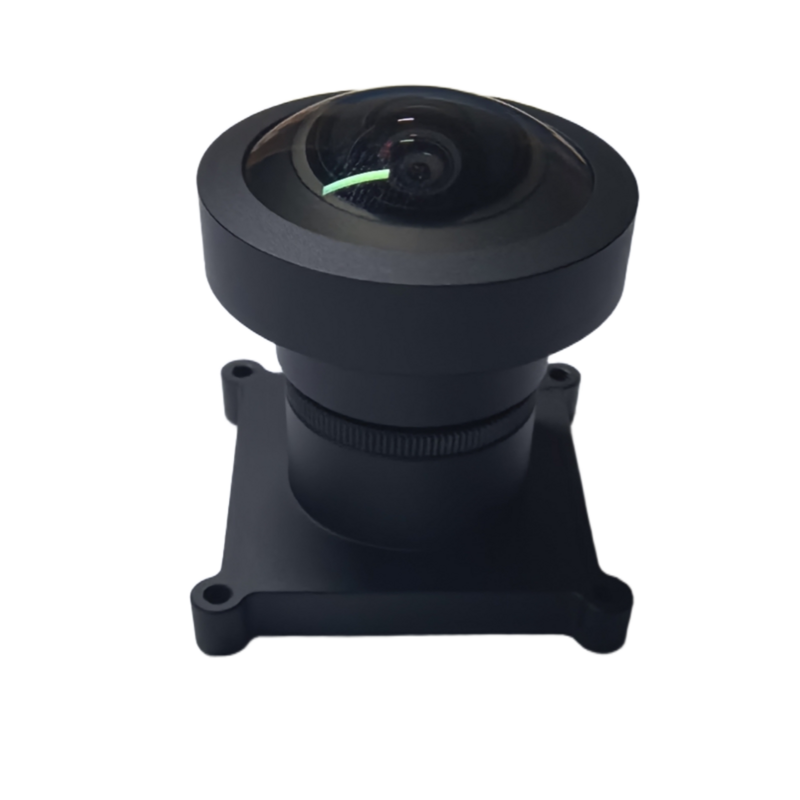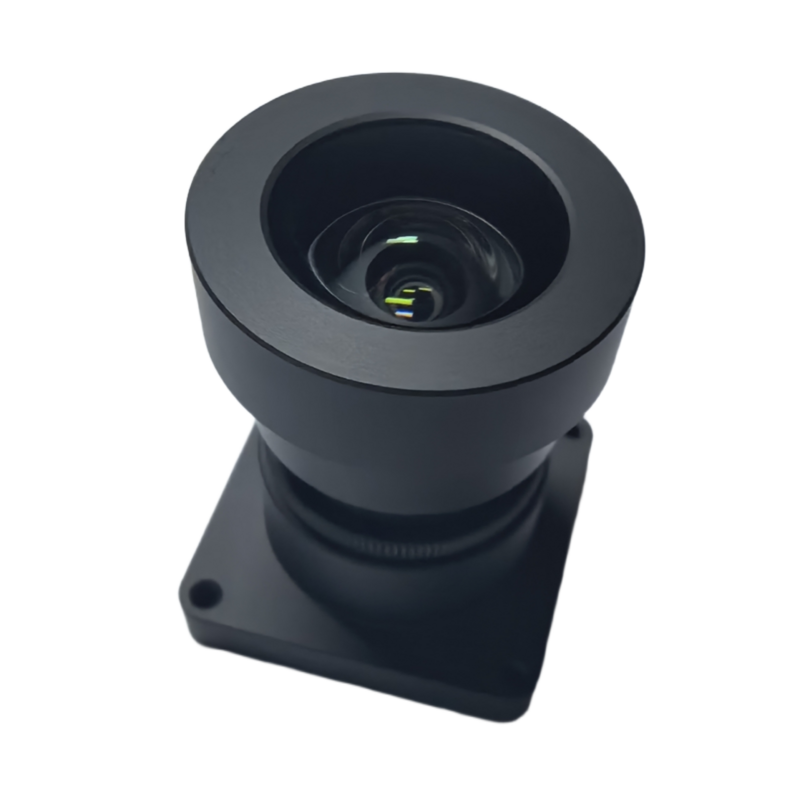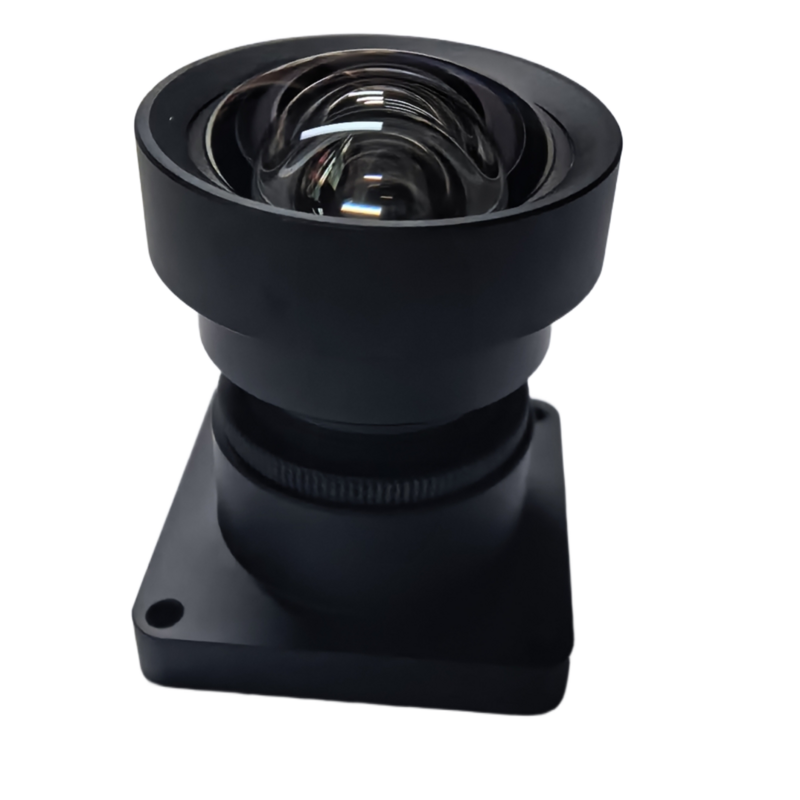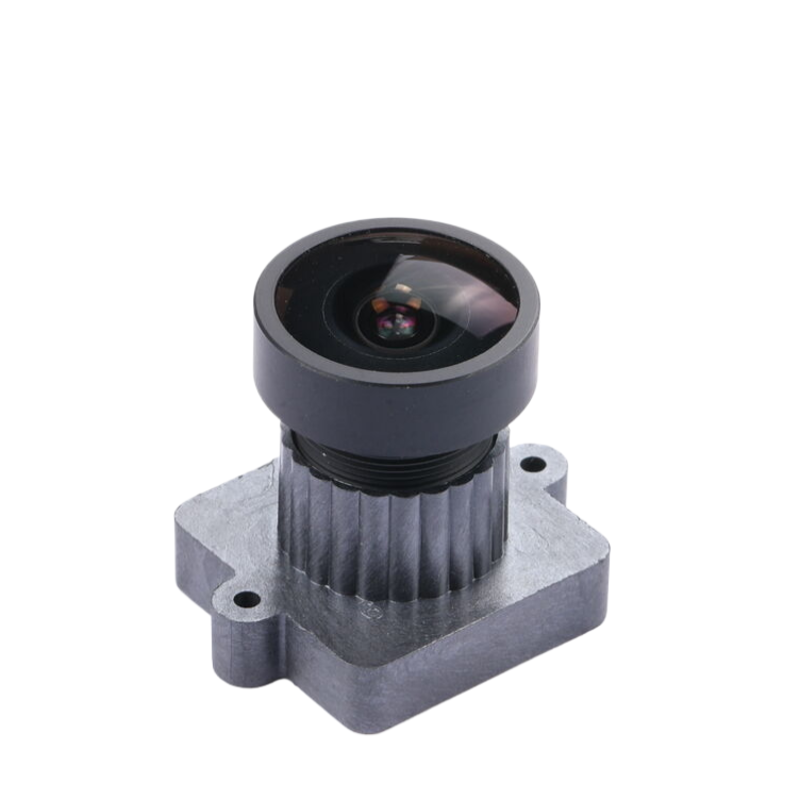Industrial News
Introduction
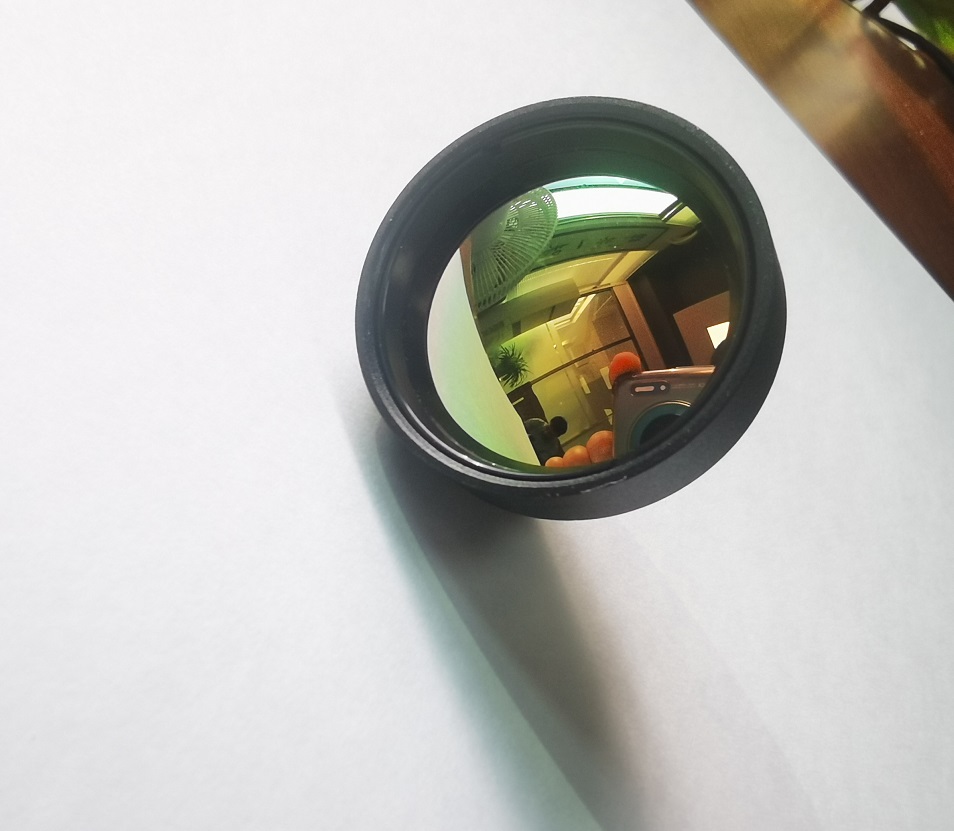
Advancements in medical technology have revolutionized surgical procedures, particularly in hepatobiliary, spleen, and pancreatic surgery. The utilization of medical lenses has greatly improved the accuracy, efficiency, and safety of these complex procedures. This article aims to provide a comprehensive summary of the operation points for these surgeries, highlighting the key considerations and techniques involved.
Preoperative Preparation
Prior to hepatobiliary, spleen, or pancreatic surgery assisted by medical lens, thorough preoperative preparations are essential. This includes a detailed assessment of the patient's medical history, physical examination, and appropriate diagnostic imaging such as CT scans or MRI. Additionally, it is crucial to ensure that the patient is well-informed about the procedure, risks, and postoperative care.
Surgical Approach and Access
The choice of surgical approach and access is a critical aspect of these surgeries. Laparoscopic techniques, such as the insertion of medical lenses, provide a minimally invasive approach, resulting in reduced pain, shorter hospital stays, and faster recovery. The medical lens enables the surgeon to visualize the affected area with high-definition imaging, enhancing precision and accuracy during the procedure.
Operative Techniques
Operative techniques in hepatobiliary, spleen, and pancreatic surgeries assisted by medical lens are highly specialized. The medical lens provides a magnified view, allowing the surgeon to identify precise anatomical structures and perform intricate procedures. Some key operative techniques include cholecystectomy, hepatectomy, pancreatectomy, and splenectomy. These procedures involve meticulous dissection, ligation of vessels, and organ reconstruction, all facilitated by the medical lens.
Furthermore, intraoperative cholangiography and endoscopic retrograde cholangiopancreatography (ERCP) can be performed using the medical lens to assess and treat common bile duct or pancreatic duct abnormalities, thereby avoiding potential postoperative complications.
Postoperative Care and Complications
Following hepatobiliary, spleen, or pancreatic surgery assisted by medical lens, proper postoperative care is crucial for patient recovery. This involves close monitoring of vital signs, early ambulation, pain management, and appropriate administration of antibiotics to prevent infection.
Although these surgeries are typically safe and effective, complications may arise. Potential complications include bleeding, bile leakage, infection, and damage to adjacent organs. Close postoperative surveillance and prompt interventions are necessary to address any complications that may arise.
Conclusion
Hepatobiliary, spleen, and pancreatic surgeries assisted by medical lens have greatly improved patient outcomes. The utilization of medical lenses enhances visualization, accuracy, and safety during these complex procedures. By following the key points discussed in this article, surgeons can optimize their approach and provide the best possible care for their patients.
 English
English  German
German Japanese
Japanese Korean
Korean Vietnamese
Vietnamese French
French Spanish
Spanish भारत
भारत
